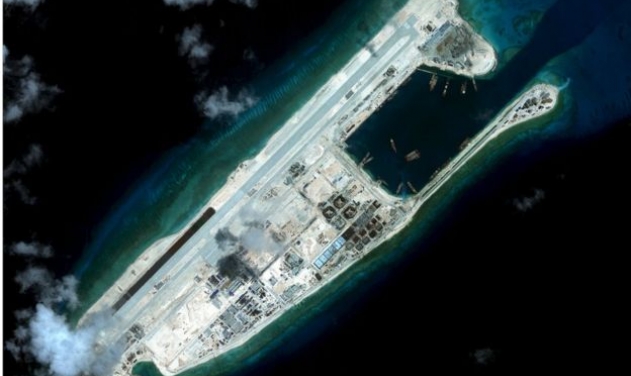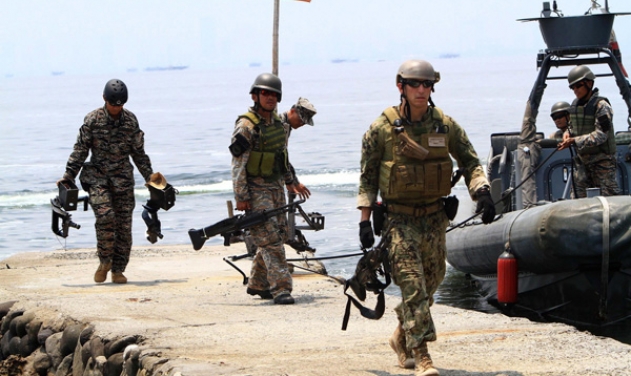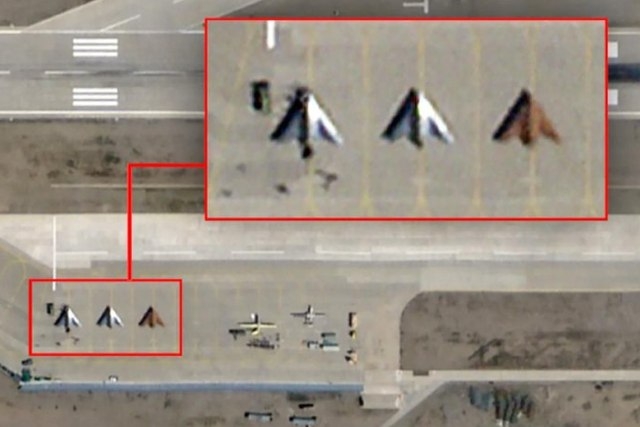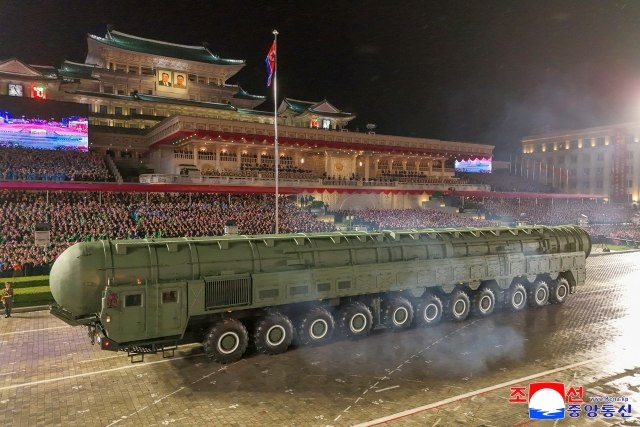Russia, China To Conduct Computer Enabled Command And Staff Exercise This Month
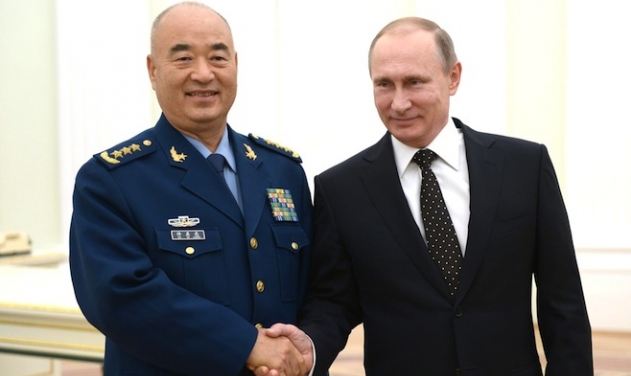
Russia and China will conduct a first joint computer enabled command and staff exercise on anti-missile defense in May.
"In May, according to the decision of the Heads of military departments of the Russian Federation and the People’s Republic of China, it is planned to conduct the first joint computer command-and-staff exercise on antimissile defence Aerospace security – 2016 on the basis of the Central scientific research institute of the Aerospace defence troops," the Russian defense ministry said in a statement on 29 April this year.
“The main goal of the training activities – practice of joint actions of the Russian and Chinese operational groups aimed at protection of territories from sudden and provocative missile strikes. The exercise is not pointed against third parties,” the ministry said.
Although the Russian defense ministry claims that the exercise is not pointed against third parties, it is believed to be aimed at US deployment of Terminal High Altitude Area Defense (THAAD) missile systems in South Korea.
The same day, both China and Russia urged US to drop Korea missile defense proposal.
Speaking at joint press briefing with Russian Foreign Minister Sergei Lavrov, Chinese Foreign Minister Wang Yi said the United States should respect "legitimate concerns" of China and Russia over the missile system.
"This move goes beyond the defensive needs of the relevant countries. If it is deployed it will directly impact China's and Russia's respective strategic security," Wang was quoted as saying by Reuters on 29 April this year.
"Not only does it threaten the resolution of the peninsula nuclear issue, it quite possibly could pour oil on the fire of an already tense situation, and even destroy strategic equilibrium on the peninsula," Wang said.
Earlier in February, Pentagon said that Washington and Seoul planned to begin talks on deploying the THAAD anti-ballistic missile system to South Korea to defend the region against North Korea’s development of ballistic missiles capable of carrying nuclear weapons
The reports on THAAD purchase by South Korea emerged days after North Korea had launched a Kwangmyongsong-4 satellite atop a long-range rocket, defying a UN Security Council resolution, which bans Pyongyang from launching rockets that could be used as ballistic missiles carrying nuclear warheads.
